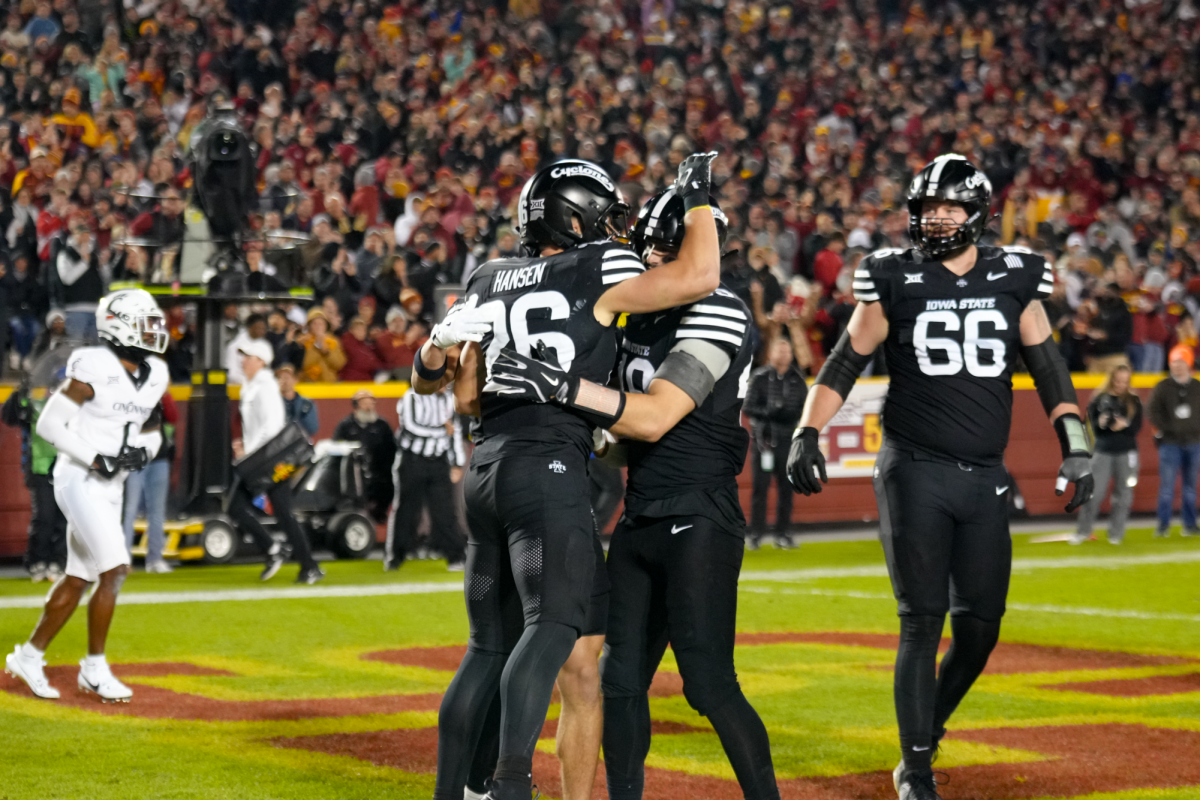LETTER:’Urban sprawl’ just a market response
October 7, 2002
This letter is installment 1 in response to Jeff Morrison’s commentary about suburbia.
The primary motivating factor of urban form and development in the United States is the creation of an efficient economic function. Consequently, In Iowa the primary role of our rural towns has been to serve the agricultural industry. In the nineteenth century, there was a limited period of rural prosperity based on the family farm.
More recently, that prosperity has been by corporate agriculture. Corporate agriculture and efficient crop production have taken the economic function away from many rural towns, thus creating the need or desire for those living in these towns to seek employment and acquire goods and services elsewhere.
When the demand for services rises to a certain level in a capitalistic society, the economic market will respond with appropriate measures.
The construction of Jordan Creek Town Center, the mall that will hypothetically destroy rural Iowa, has been in the planning stage for nearly four years.
The city of West Des Moines has anticipated the need for this type of development for nearly eleven years. I question Jeff Morrison’s definition and knowledge of urban sprawl and that suburbs are aggressively in search of ways to destroy the fabric of rural Iowa.
It could be argued that since rural towns no longer serve an efficient economic function, but require a relatively large amount of infrastructure (particularly roads) to sustain the dwindling rural population, it is a form of reverse sprawl.
Larger, economically successful cities in Iowa now subsidize those who seek the predominantly social benefit of living in a rural town. Does the city of West Des Moines practice planned development?
Yes.
Does Jeff Morrison know what urban sprawl really is?
Doubtful.
Jason Beske
Graduate Student
Community and Regional Planning






